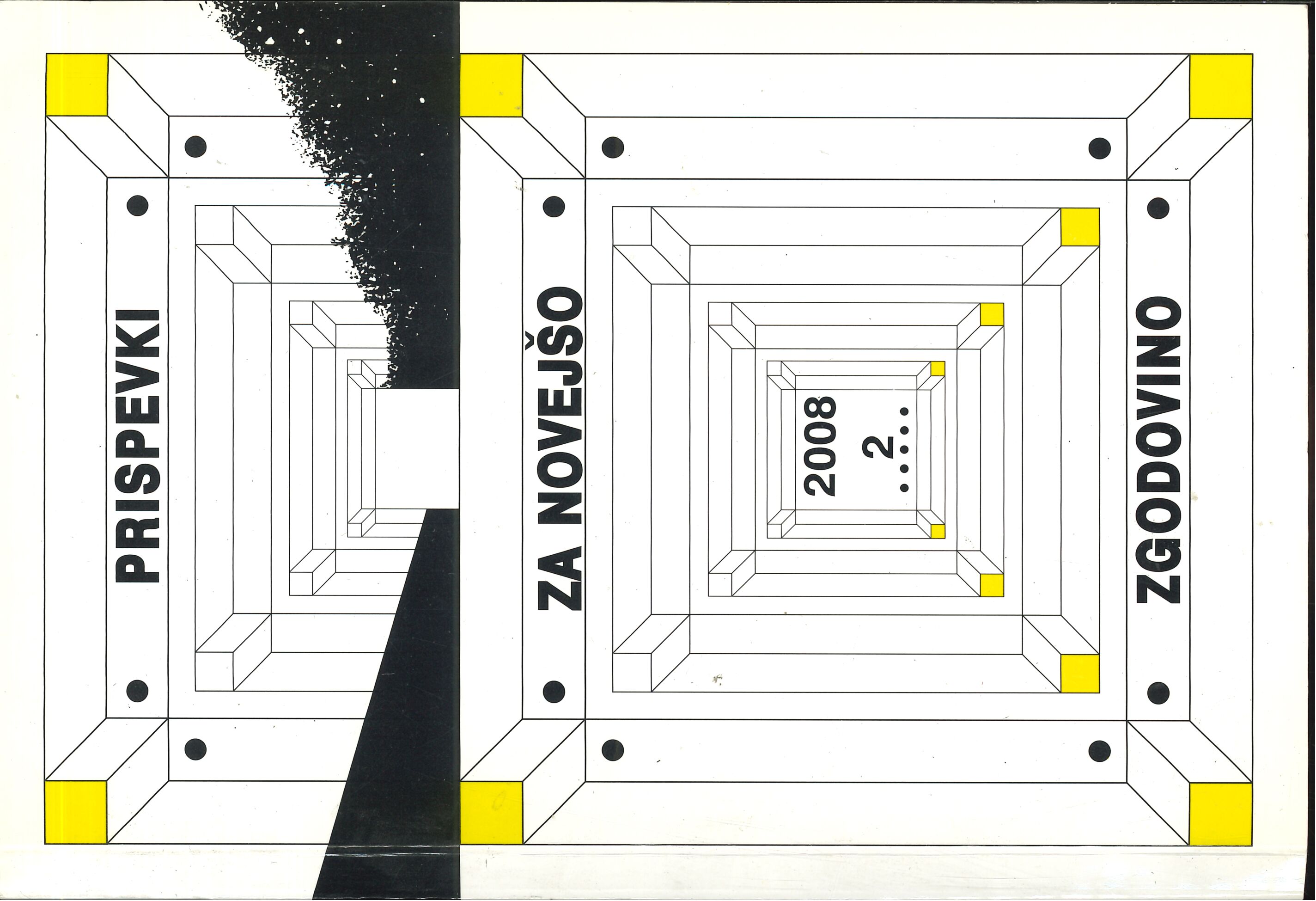Shades of Politicisation of the Roman Catholic and Serbian Orthodox Church in the Slovenian People's Party and the National Radical Party between the Two World Wars
Keywords:
Kingdom of Yugoslavia, politics, Slovenian People's Party, National Radical Party, Orthodox Church, Roman Catholic Church, clericalism, Slovenian-Serbian political relationsAbstract
The author of the contribution sheds light on various aspects of politicisation of the Roman Catholic and Otrhodox Church, used in their political practice by the Slovenian People's Party and the National Radical Party. She discovers that the Churches in the Yugoslav State between both World Wars entered conflicting relations regardless of the relations between the biggest Serbian and the Slovenian political parties, which were otherwise effective in drawing from the mobilisation potential of both Churches; however, they subordinated the inclination towards the Church interests to the interests of their own parties. That was especially obvious in the time of the so-called Concordat Crisis (1935-1937), when, among other things, it became apparent that the political antagonism between the Catholic and Orthodox Churches in the context of the Yugoslav political space translated into antagonism between the Croatian and Serbian parts of the state.
Downloads
Published
Issue
Section
License
Authors who publish with this journal agree to the following terms:
- Authors retain copyright and grant the journal right of first publication with the work simultaneously licensed under a Creative Commons Attribution License that allows others to share the work with an acknowledgement of the work's authorship and initial publication in this journal.
- Authors are able to enter into separate, additional contractual arrangements for the non-exclusive distribution of the journal's published version of the work (e.g., post it to an institutional repository or publish it in a book), with an acknowledgement of its initial publication in this journal.
- Authors are permitted and encouraged to post their work online (e.g., in institutional repositories or on their website) prior to and during the submission process, as it can lead to productive exchanges, as well as earlier and greater citation of published work (See The Effect of Open Access).


